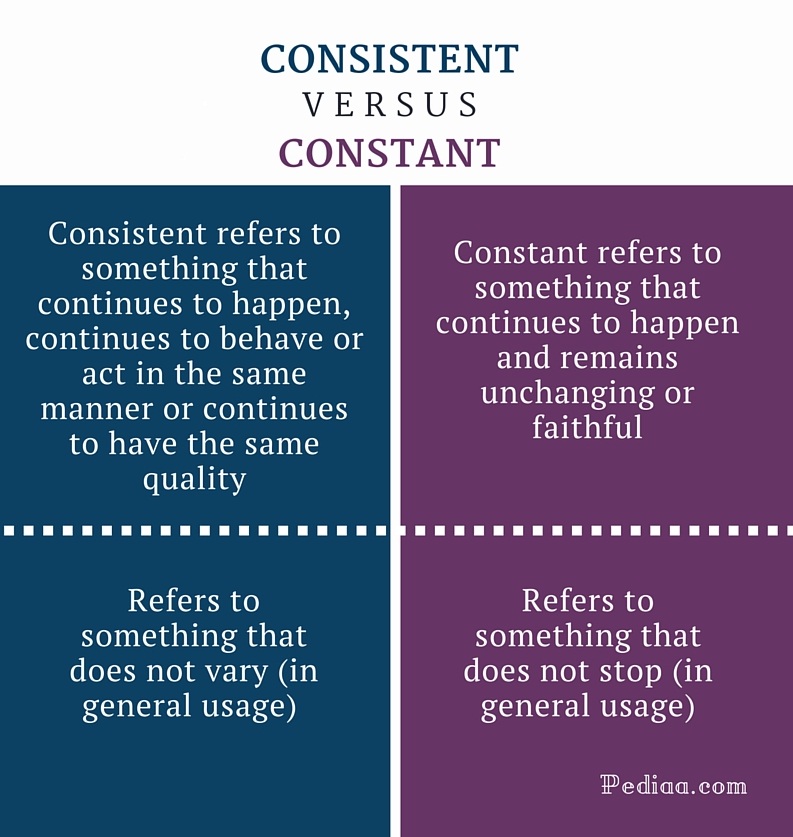
If you are having trouble finding ways to improve your consistency, do not hesitate to ask for help from professionals. If you promise yourself to do something, make sure you can do that. Then, remember to place reminders around your home that remind you of the goal you are trying to hit.
Consistency Builds a Strong Work Ethic
This determination becomes part of who you are — a person who doesn’t back down when things get hard. Having a strong work ethic means you’re known for being reliable and hardworking. People who work consistently well are valued in their jobs because they can be counted on and they care about doing well. Such people stand out for their commitment and self-discipline, which helps them succeed. Skipping workouts or neglecting recovery may hinder your progress, but maintaining consistency will ensure you’re prepared to tackle the challenge come race day.
From Failure to Success: The Power of Learning Through Mistakes
- Afterward, participants completed an emotion report form to indicate the extent to which they felt a number of different emotions in response to the problem they described.
- You only have one life to live and it goes by quickly, so the things you’re doing with your time should be things that are really worthwhile, and fill you with joy.
- It hit home to me the importance of consistency in everyday life.
- I needed to make it so easy that my younger brothers could do it too.
- The only thing they are consistent at is starting and stopping.
As you consistently perform an activity, your brain recognizes the pattern and optimizes its processes, making the action feel more automatic over time. For any project to succeed, a consistent approach is essential. Ensuring tasks are executed uniformly helps track progress, adjust schedules, and allocate resources effectively. Committing to set routines each day can steer you away from distractions.
Reasons Why Consistency Matters
To maintain consistency in your efforts, you’ll need to review and track your progress regularly. Visualization can be a powerful motivator and a reminder of what your consistent efforts are aiming for. Identify the most important tasks that will move you closer to your goals. Prioritizing ensures that your efforts are focused and effective. Understanding why you’re pursuing a goal can fuel motivation and resilience, especially during challenging times. Write about the most important personal problem you are currently facing in your life.
It’s like building a wall—one brick at a time, every day, and eventually, you have a strong structure. By keeping up with your habits, you grow the discipline you need for life’s challenges. Discipline leads to getting more done, staying organized, and managing stress better. Becoming disciplined from being consistent can change your life for the better, helping you succeed in personal and work situations.

When your time for work, breaks, and relaxation is predefined, you’re less likely to get sidetracked. Regularly concentrating on tasks without distraction trains your brain to focus more easily over time. This consistent approach also avoids feeling swamped and allows you to enter a productive state where work becomes more enjoyable. When you’re used to a particular pattern, your mind adapts to concentrate better during these periods.
It gets you out of bed in the morning and helps you stay focused throughout the day. And while motivation is important, it’s not the only thing that drives us to achieve our goals. Inspiration is what we feel when we see someone else accomplishing something great. It’s what drives us to be better than we were yesterday. So, next time you’re feeling down, remember that motivation and inspiration are two of the most powerful forces in the world. Concerning trust, maintaining consistency in our actions can make us relevant and build our reputation to others, especially if you are in business or a leader in some endeavor.
Remember, a well-defined destination makes the path clearer. The ethnic diversity of the samples reported in this investigation reflect the Introductory Psychology Subject Pool at the University of Michigan and thus include only small subsamples of ethnic minorities. As such, being consistent meaning in each of the studies, ethnic differences are explored by comparing Caucasian students to non-Caucasian students. In Studies 1 and 2, there were no ethnic differences; therefore, all reported analyses for those studies were conducted by collapsing across ethnic groups.
Whether it’s dedicating a few minutes to a morning routine or committing to a daily routine that aligns with your goals, it’s these consistent steps that weave the tapestry of a fulfilling life. Following another adaptation period (3 min), a 60-s resting baseline period provided pretask levels of cardiovascular activity. This screen was in turn followed by a 3-min posttask period during which the video monitor was blank. Afterward, participants completed an emotion report to describe how they felt while preparing their speech. They then rated their cognitive appraisal of the speech preparation task, and finally, they completed the Ego-Resiliency Scale. That little voice inside your head tells you to keep going even when you feel like giving up.
For example, if you do not want to work nights and weekends, set that expectation with your employer. You can even shut your phone off to remind your co-workers you are unavailable on nights, weekends, or holidays. Furthermore, you must set boundaries for your relationships and commitments. These boundaries can make it easier to keep commitments because you know what to expect from other people.
Regularly reviewing your progress not only reinforces your commitment but also provides you with the opportunity to recalibrate your approach empathetically if needed. Consistency is a marathon, not a sprint, and avoiding burnout is key to long-term success. These victories boost morale and reinforce the value of consistent effort.

